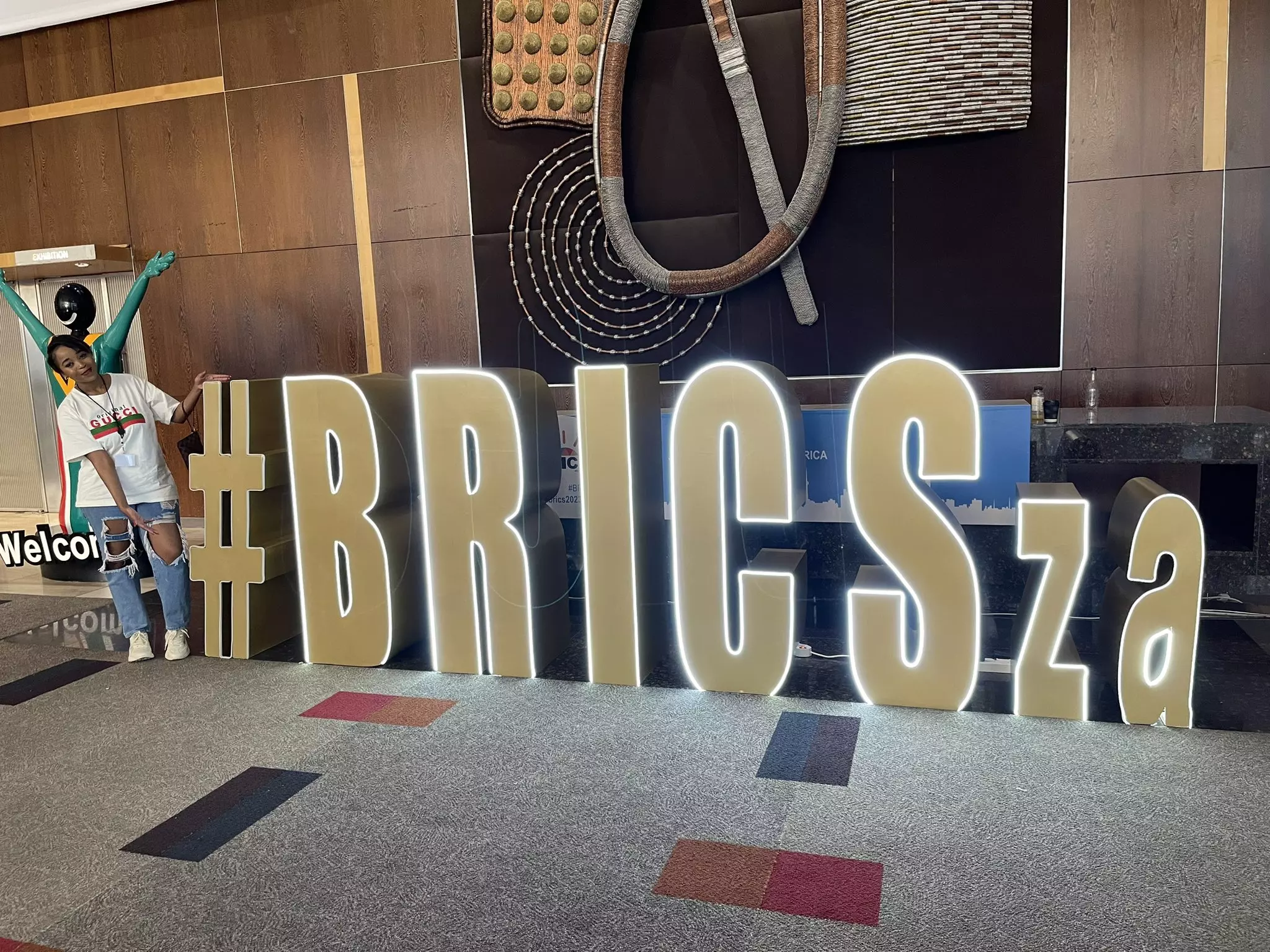
Explained: Over 40 countries wish to join BRICS; what’s in it for them?
The idea behind the bloc, which started as BRIC, was to provide a platform for members to challenge the hegemony of the West in controlling the world order

Prime Minister Narendra Modi left for South Africa on Tuesday (August 22) to attend the 15th BRICS summit, which will be held from August 22 to 24.
BRICS is an acronym for the five member countries — Brazil, Russia, India, China, and South Africa. But now, over 40 other countries want to join the group as well. Before we get to why they want to do so, here is what BRICS is all about and how it was formed.
Origin of BRICS
Originally, it started as BRIC, with Brazil, Russia, India, and China as the founding members. The then Goldman Sachs chief economist Jim O’Neill coined the term in 2001 in a research paper underlining the growth potential of the four emerging economies.
Much later, in 2009, the bloc was founded at the initiative of Russia but only as an informal club. It is not a formal multilateral organisation like, say, the United Nations. The idea was to provide a platform for its members to challenge the hegemony of the United States and its Western allies in controlling the world order.
Once a year, the heads of state and government of the member nations convene for a summit, and each nation takes up a one-year rotating chairmanship of the bloc.
A year later, the bloc expanded to include South Africa and became BRICS. Together the countries account for more than 40 per cent of the world population and a quarter of the global economy, with South Africa being the smallest in terms of population and economic power.
All the BRICS countries are part of the Group of 20 (G20) major economies as well. The bloc’s focus includes geopolitics, economic cooperation, and multilateral trade and development.
Which countries want to join BRICS and why
According to the 2023 summit chair South Africa, over 40 countries have expressed interest in joining the bloc. These include Algeria, Argentina, Bolivia, Comoros, Cuba, Democratic Republic of Congo, Egypt, Ethiopia, Gabon, Indonesia, Iran, Kazakhstan, Saudi Arabia, and United Arab Emirates.
One of the major reasons why they want to join the forum is that they view BRICS as an alternative to global bodies dominated by the West. The COVID-19 pandemic brewed a discontent with the global order among developing nations when the rich countries hoarded life-saving vaccines.
They also hope a BRICS membership will allow them to enjoy certain benefits, including development finance and increased trade and investment. The oil-rich Saudi Arabia and some dozen other countries participated in the “Friends of BRICS” talks in Cape Town in June. It has already received Russia and Brazil’s support to join the BRICS.
Argentina had said way back in July 2022 that it had China’s formal support to join the group. Iran, which houses around a quarter of the Middle East’s oil reserves, has hoped that a decision on its membership would be decided “at the earliest”.
Bolivian President Luis Arce, who is expected to attend the summit, has also expressed interest in BRICS membership. His government said last month that it aims to lower its dependence on the US dollar for foreign trade and turn to the Chinese yuan instead. That is in line with the BRICS’ stated aim to reduce dependence on the dollar.
Algeria also said in July that it had applied for a BRICS membership and for being a shareholder in the New Development Bank, informally called the BRICS Bank. The oil-and-gas-rich North African nation seeks to diversify its economy and strengthen its partnership with China and other countries.
Ethiopia, one of Africa’s fastest-growing economies, said in June that it had sought to join the bloc. A foreign ministry spokesman said the country would continue to work with international institutions that could protect its interests.
(With agency inputs)
